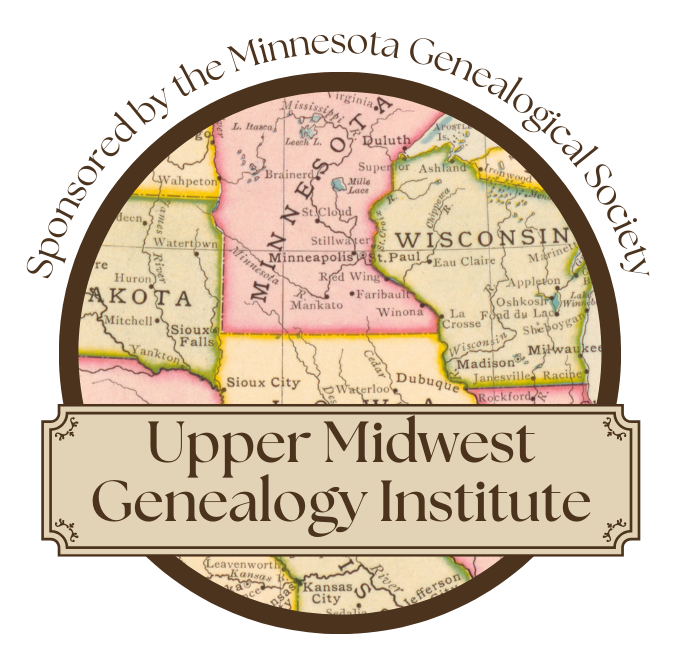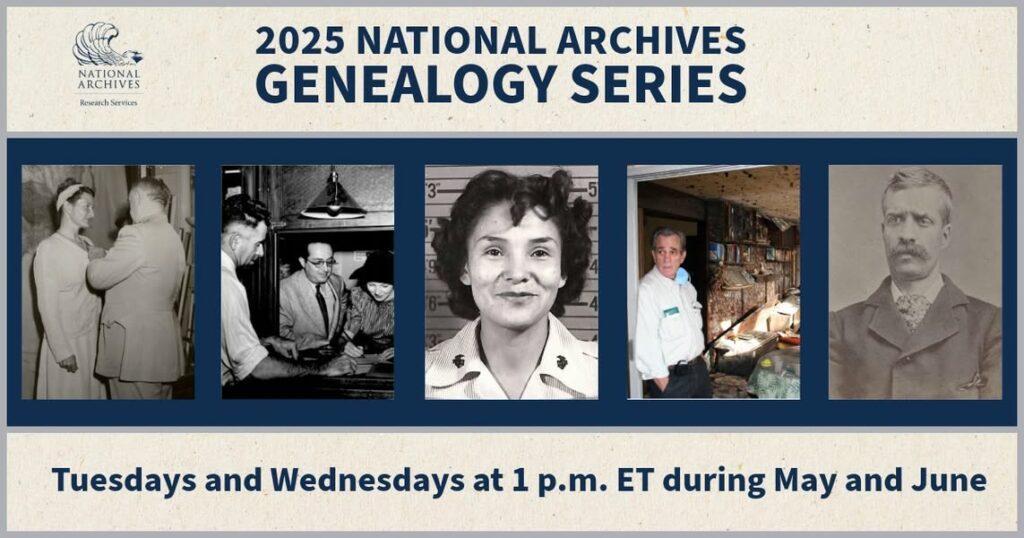June 2, 2017, and 18 years later still genealogy blogging
18 years of my own blog preceded by many previous years of blogging and other writing for the former Federation of Genealogical Societies. I am not a daily blogger. My client consultations and research and webinars pay the bills. I only have a couple affiliate connections where I received minor sums for promotion. Those posts are rare and are identified as affiliates. If I receive a book for review, I will note that it was sent for that purpose.
My blog posts cover a variety of topics and I appreciate my readers whether you subscribe or just check it often. I appreciate others who promote some of my blog posts on social media. Gail Dever, you are wonderful with your Genealogy à la carte and social media posts championing other bloggers.
Don’t forget to read what other bloggers write. General genealogy, specific locales, and particular record type blogs are useful. Some blogs are authored by staff members at historical societies, archives, and libraries.
If you ever see something incorrect in a post, let me know. Everyone can learn something new or different.
Thank you for my 18 years and here’s to many more.





